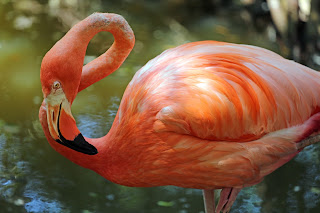Wastes in Space--Wastewater Reuse on a Mars Mission

This month's National Geographic includes a fascinating section on Mars, and the challenges of sending people to land--and possibly live--on the planet. Long-term missions in space are especially complex. And a most important requirement for the crew will be water. Interestingly, my October 2016 Water Environment and Technology magazine features a related article, "Out of this world toilets." The author, Justin Jacques, describes research conducted through the Integrated Water Recovery Assembly Project (IRA) , a joint venture between a Texas Tech University (TTU) research team and Paragon Space Development Corporation. IRA recently received a National Aeronautics and Space Administration (NASA) grant to continue research of ways to reuse nearly 100% of the astronauts' wastewater with minimal assistance from Mission Control. IRA is considering various biological treatment methods--aerobic and anaerobic-- combined with evaporation/condensation and a final p







